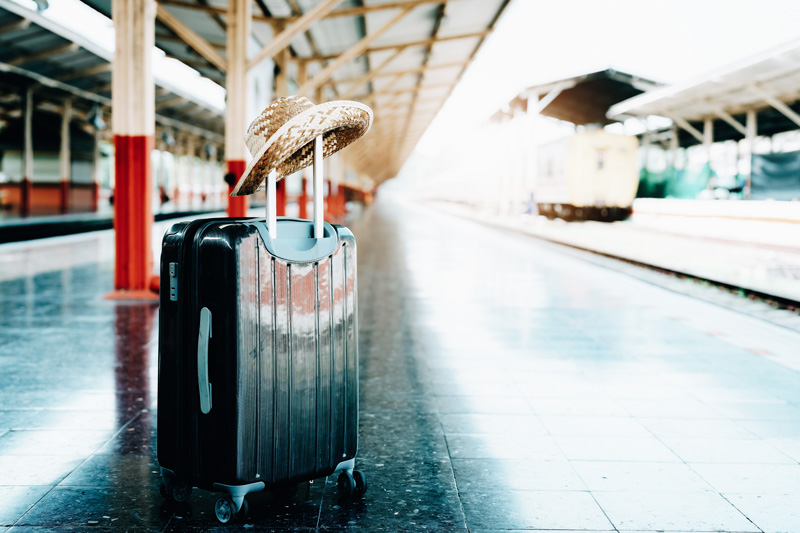Environmental impact a key criterion when choosing a vacation in France

NEED HELP ? Contact us at +33 (0)4 42 50 17 10 - contact@welcomefamily.com
Site reserved for professionals
Site reserved for professionals.

Tourism is one of the sectors most impacted by climate and environmental issues. More and more travelers are aware of the importance of their impact on the environment and wish to adopt a more eco-responsible lifestyle, even during their vacation time. Eco-responsible tourism is a growing trend in the French tourism sector.
In this article, we'll give you more information on the definition of eco-responsible tourism and itsimpact on the environment.
Eco-responsible tourism is a sustainable form of travel that emphasizes environmental protection, preservation of local culture and traditions, and social responsibility. It is a form of responsible tourism that takes into account the environmental, social and economic impacts of tourism. Eco-responsible tourism encourages travelers to adopt more environmentally-friendly behaviors, and to support local actors committed to preserving the environment.
The French are increasingly aware of the environmental and social impact of their travel choices. Travelers recognize that their choices have a direct impact on the environment. They are therefore more attentive to the sustainable practices implemented by companies in the tourism sector. The choice of hotel, travel itinerary and on-site activities are key elements for French consumers.
The majority of travellers are prepared to travel less far to limit their impact. The study also shows that travelers are now ready to put aside far-flung destinations for nearby ones, in order to reduce their CO2 emissions. Domestic tourism is therefore gaining in appeal as an environmentally-friendly option. Travellers are willing to spend more on eco-responsible accommodation, such as eco-friendly hotels or homestays.

The tourism sector in France is increasingly aware of the importance of its actions on the environment, and is seeking to limit their impact. Numerous eco-responsible initiatives have been developed in recent years. Some companies in the sector have implemented solutions to combat food waste, reduce CO2 emissions or take biodiversity into account in their activities. Still others have chosen to work with local players committed to protecting the environment and preserving local traditions.
Since the Covid-19 period, many French people have returned to the desire to travel, and a large proportion of them have turned to local travel, to discover the great French outdoors. For some, it's a solution that helps their wallets, but above all, in the context of climate change, it helps them limit their environmental impact. As awareness grows, people are opting for travel limited to the French territory to limit gas emissions.
GreenGo* carried out a survey revealing that 61% of 18-24 year-olds questioned are ready to make the effort to increase their travel time in favor of eco-responsible options.
Beyond transport, the choice of destination, accommodation and activities on site are also taken into account for eco-responsible initiatives, but can be limited by high prices, lack of supply, practicality or simply the desire to travel to long-haul destinations.
Eco-responsible tourism in France is playing an increasingly important role in the tourism sector. Travellers are increasingly aware of the impact of their choices on the environment, and are keen to adopt a more eco-responsible lifestyle on vacation. The French tourism sector is also taking more and more sustainable tourism initiatives to limit its impact on the environment and preserve local culture and traditions. Eco-responsible tourism is a sustainable solution for travelers and tourism companies to protect our planet and the people who live on it.
*GreenGo conducted a survey of 1,417 people, to understand travelers' relationship with the environment and sustainable tourism.
Start typing to see products you are looking for.
0 Comments